
The Zhengguo Canal
By Storybird

23 Aug, 2023

The Zhengguo Canal, a cunning symbol of the Qin's military genius, started as a simple piece of advice from the Han King. The King suggested that by harnessing the power of the canal and recruiting a formidable force of 300,000 soldiers, the Han could defend their land against the Qin expansion. The Qin king, intrigued by this strategy, agreed to the proposition.

The battle between Qin and Han was intense and fierce. The stalwart Han soldiers put up a strong resistance, and the Qin struggled to claim dominance. Despite their superior numbers, the Qin army found themselves in a stalemate, unable to break through the walls of the Han fortress.
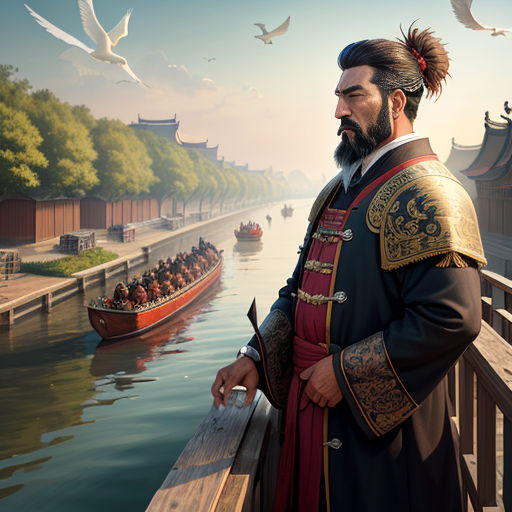
It was at this vital juncture, when the concept of the Zhengguo Canal came into the Qin King's purview. The idea was to construct a lengthy canal that would serve two significant purposes - weaken the enemy and strengthen their own possessions.
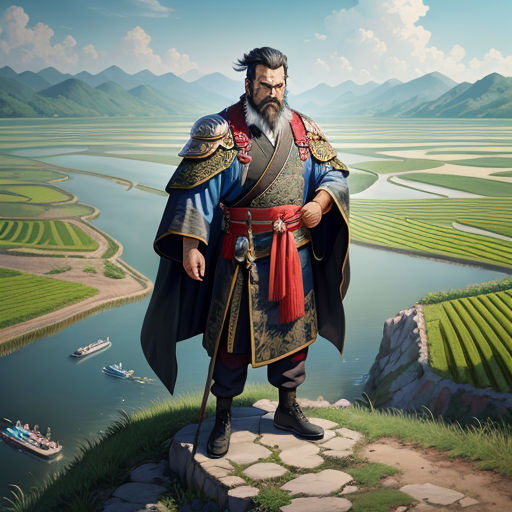
After seclusion and contemplation, the Qin King decided to implement this idea. He believed it would divert the attention and resources of the Han army, rendering them unable to lend aid to their capital, Xinzheng. The King’s decision marked the commencement of the construction of the Zhengguo Canal.

The creation of the Zhengguo Canal indeed proved to be a turning point in the war between Qin and Han. This canal was not just an irrigation system, but a strategic weapon of the Qin, instrumental in their victory over Han.

The canal instigated a significant shift in China's agricultural development. It facilitated an abundant supply of food, which led to the prospering of Qin's economy. The prosperous state of Qin could now support a larger army and equip them with better resources and supplies.
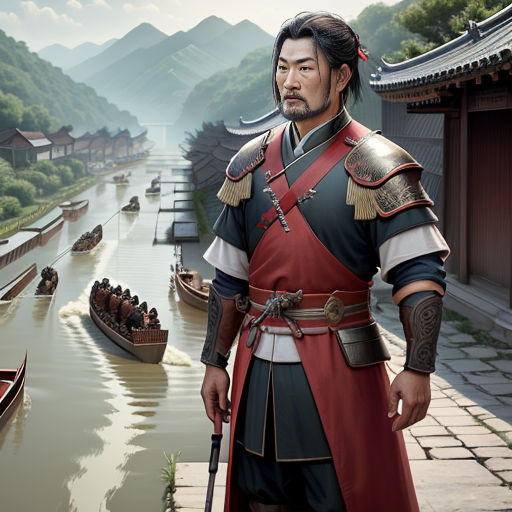
On the other hand, the canal's strategy worked just as the Qin King had anticipated. The Han army was tied down at the frontline in Xingyang, unable to march south to save their capital, Xinzheng.
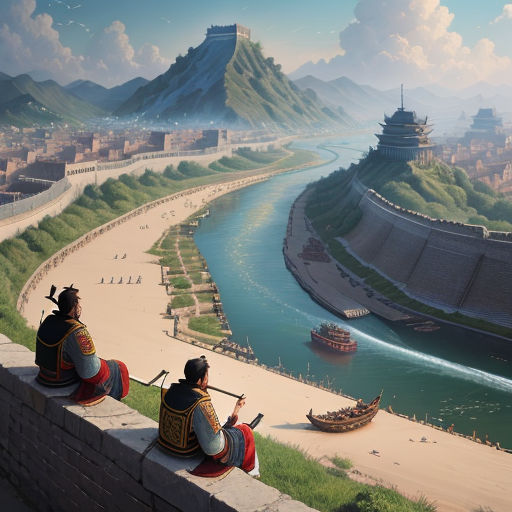
Even though the Han army tried to break through the blockade, their attempts were unsuccessful. The canal's existence not only distracted the Han army but also disrupted their normal routines and strategies.
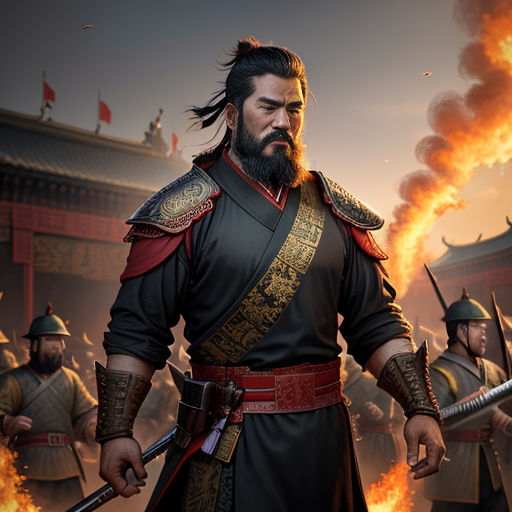
Consequently, the Qin army easily seized the Han capital, Xinzheng. With their capital lost, the Han was forced into submission. The victory significantly added to the expanding Qin empire.

The canal's conception was not without controversy. Critics argued that it was a ruthless and cunning plan. However, followers of Qin saw it as the epitome of smart warfare and supreme leadership.

Regardless of the controversy, the canal had undeniable impacts on China's history. The construction of the Zhengguo Canal was considered one of the key events leading to the unification of the six kingdoms under the Qin Dynasty.
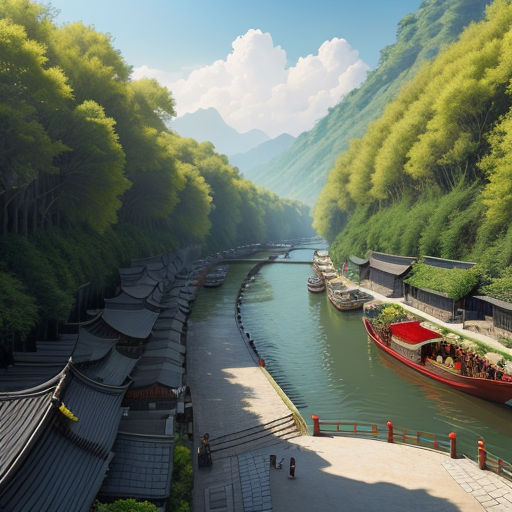
The Qin King's decision to build the canal not only led to their victory over Han but also bolstered their name in the annals of the Chinese empire. His foresight and military genius resulted in an advantageous situation for his kingdom.

The Zhengguo Canal stands as a testament to the brilliance of the Qin Dynasty. As years passed, the canal continued to serve as an irrigation system, contributing to the prosperity and stability of the surrounding regions.

In retrospect, the Zhengguo Canal was not just an obtrusive waterway. It was a harbinger of change, an unsuspected tool of warfare, and a strategic masterstroke that played a pivotal role in shaping China's history.

The canal stands as a symbol of strategic planning and military intelligence. Its construction and utilization were a testament to the Qin King's prowess, foresight, and innovative leadership.
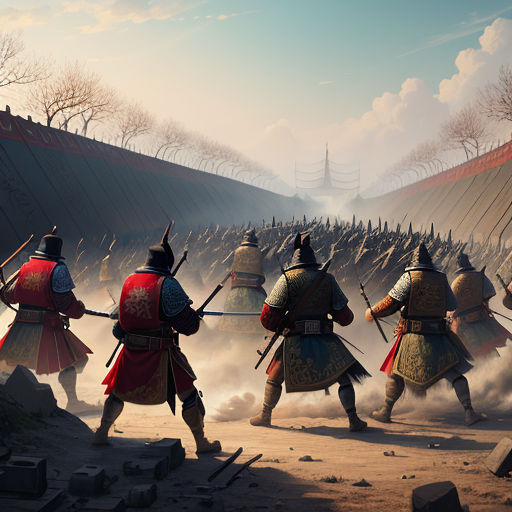
Despite the Han's fierce resistance, the Qin were able to seize victory through their unique tactics. The Zhengguo Canal played an essential role in this success, demonstrating that clever strategies can triumph brute force.

The fall of the Han kingdom served as a reminder to all the remaining kingdoms of the Qin's might. Fear and respect for the Qin spread across the land, further strengthening their rule and influence.

The story of the Zhengguo Canal, therefore, is not merely a tale of a waterway. It is a saga of strategy, perseverance, and triumph. It is the legacy of a visionary king who reshaped the course of a nation's history.

In the grand tapestry of Chinese history, the Zhengguo Canal is a thread that weaves through the narratives of warfare, strategy, and conquest. It serves as a reminder of the Qin's ingenuity and military prowess.

The Zhengguo Canal was an ingeniously engineered ploy disguised as a waterway. It was a deceptive tool that eventually became a legendary symbol of the Qin's masterful tactic and strategic foresight.
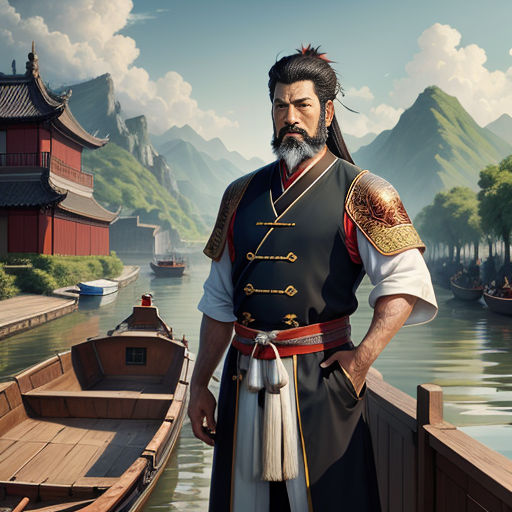
It was through such strategic thinking and decisive actions that the Qin Dynasty was able to overpower the six warring states. The Zhengguo Canal was their secret weapon, their strategic masterstroke, their key to ruling an empire.

The Zhengguo Canal, despite being a product of warfare, left behind positive effects, providing sustenance through its waters and ensuring the prosperity of the lands it traversed.

The Qin's strategic brilliance has been preserved in history through the enduring presence of the Zhengguo Canal. It's a symbol of how cunning and strategy can pave the way to victory and ultimate supremacy.

The tale of the Zhengguo Canal is deeply embedded in Chinese history. It is a story of war and subterfuge, of cunning moves and brilliant tactics, of a king who changed the fate of his kingdom forever.
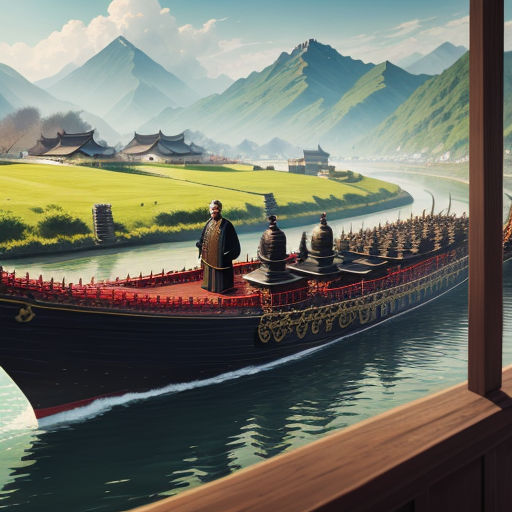
The Canal was not just a military tool, but a symbol of the Qin's vast empire, their powerful rule, and their ability to overcome formidable challenges with cunning and strategy.

The Zhengguo Canal continues to be a reflection of the past, a testament to the Qin's astute military tactics, and an inspiration for future generations about the enduring power of strategic thinking and innovation.

Its legacy lives on, resonating the echoes of a time when a simple canal turned the tides of war and aided the rise of a grand empire. The Zhengguo Canal remains etched in China's landscape, a lasting reminder of a significant chapter in its rich history.

Today, as the waters of the Zhengguo Canal continue to nourish the land, the story of its origin continues to inspire tales of strategic brilliance, innovative warfare, and the rise of an enduring empire, the Qin Dynasty.

In the annals of history, the story of the Zhengguo Canal stands out as a tale of tactical genius and strategic superiority. It serves as a timeless reminder of the Qin King's revolutionary vision and unprecedented military strategy.
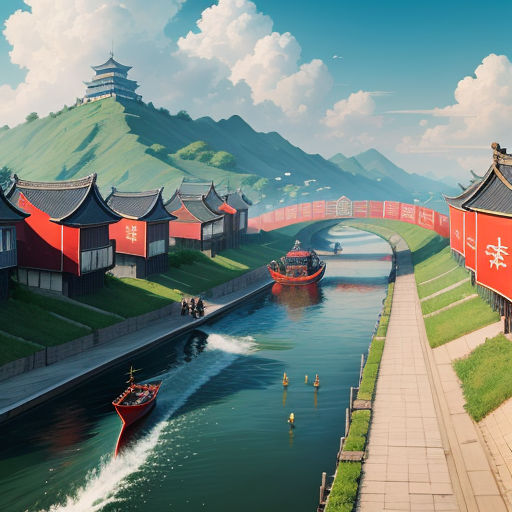
And so, the Zhengguo Canal, a seemingly harmless waterway, became the trump card in the Qin's hand, securing their victory, their supremacy, and their place in the annals of Chinese history.

The Canal stands as a symbol of the Qin King's foresight and strategy, a testament to his innovative leadership. Its presence serves as a reminder of a time of cunning warfare and masterful tactics.

The legacy of the Zhengguo Canal, etched in the annals of Chinese history, continues to inspire scholars and strategists alike, captivating them with tales of the Qin King's tactical brilliance and the rise of an enduring empire.
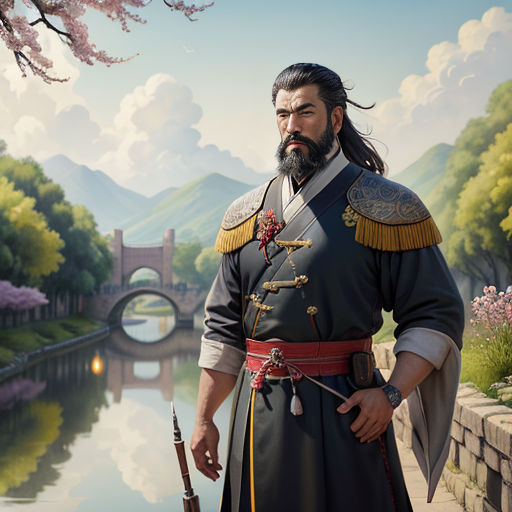
The Zhengguo Canal remains a physical echo of a bygone era, a testament to a time of warfare and strategy, when a visionary king reshaped the course of a nation's history.

Its waters continue to flow, sustaining life and prosperity just like the Qin King had envisaged. And with them flows the legacy of the strategic genius, the enduring power of the Qin, and the unforgettable story of the Zhengguo Canal.
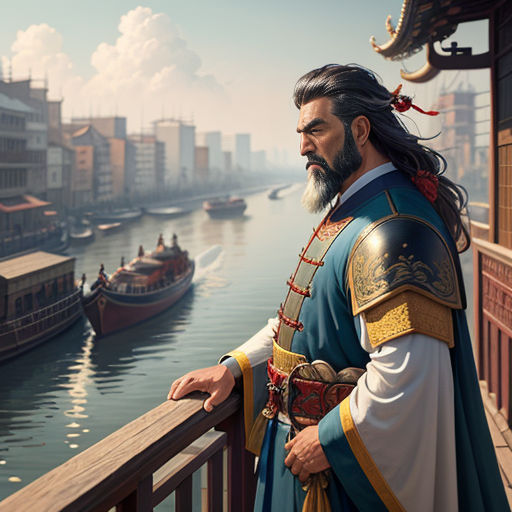
Thus, the Zhengguo Canal, a waterway turned weapon, will forever symbolize the depth of strategic thinking, the power of innovative leadership, and the might of an empire that once ruled the land of China.